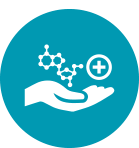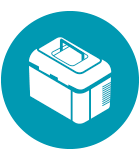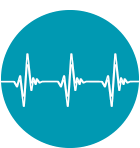National level simulation conference
National Reference Simulation Center
BOOK FOR THE COURSES
State of Art Facility
Combining the best Trainers and infrastructure to provide you nothing short of the best in simulation based education
Learning One New Thing every day
Skill Teaching
Skills training are conducted for the medical, Nursing, Dental, Pharmacy, Ayurveda students for both undergraduates and post graduates as a part of their postings in different clinical department to learn commonly performed skills and procedures under that department. The skills training involves various procedures covered for Medical and surgical, obstetrics and Gynecology, Trauma and emergency, Child Health Nursing, procedures related to Infection prevention and so on.
Skill Practice
Our Centre has large open area which is specifically designed to help individual student to practice the learned skill as many times they want to . Here we are utilizing variety of task trainers for making individual student confident and competent in particular learned skills .
Decision Making & Critical thinking
Learning decision making skills to make their own choices helps children be more independent, responsible, and confident. Making a right decision at right time is a common challenge. This critical thinking skills can be reinforced by interactive content using real patient cases, virtual simulation scenarios etc. Now a days in health care profession, it is an important step where students are learning decision making skills after knowledge and skill acquisition. This component is making them more competent and proficient when they are actually facing the patient in hospital.
Simulation in Team
Simulation is a technique for health care professionals to utilize all their senses and practice case management skills again and again in an environment that recreate actual or potential life- like situations without any harm to the patient. Simulation in teams helps in bridging the gap between knowledge and practice by allowing students to learn inter-professional team dynamics, leadership, communication skills, problem solving, clinical reasoning skills, critical thinking and decision-making skills beside case management skills especially of the cases that students rarely come across in clinical setting and the emergency situations.
Our Infrastructure
National Reference Simulation Centre has got a skill lab for training of undergraduate Nursing and medical education, built over 13,500 square feet (1254.191 square meter) area at 4th Floor, C Block of SGT University established in October 2018 in Tetra partite collaborations with Indian Nursing Council, JHPIEGO, Laerdal & SGT University. The centre is designed to cover Nursing and medical education with inter-professional education and deliver in – service training programs. This Centre is recognized International Training Centre of American Heart Association (AHA).Our infrastructure Starts from reception area followed by Directors Office, faculty room, conference room ,simulation room including Child Health, Critical care, emergency and trauma, Operation theatre, Maternal and Newborn, Infection Prevention, Nursing foundation areas, decision making room, inter personal counselling and skill proficiency room as well.
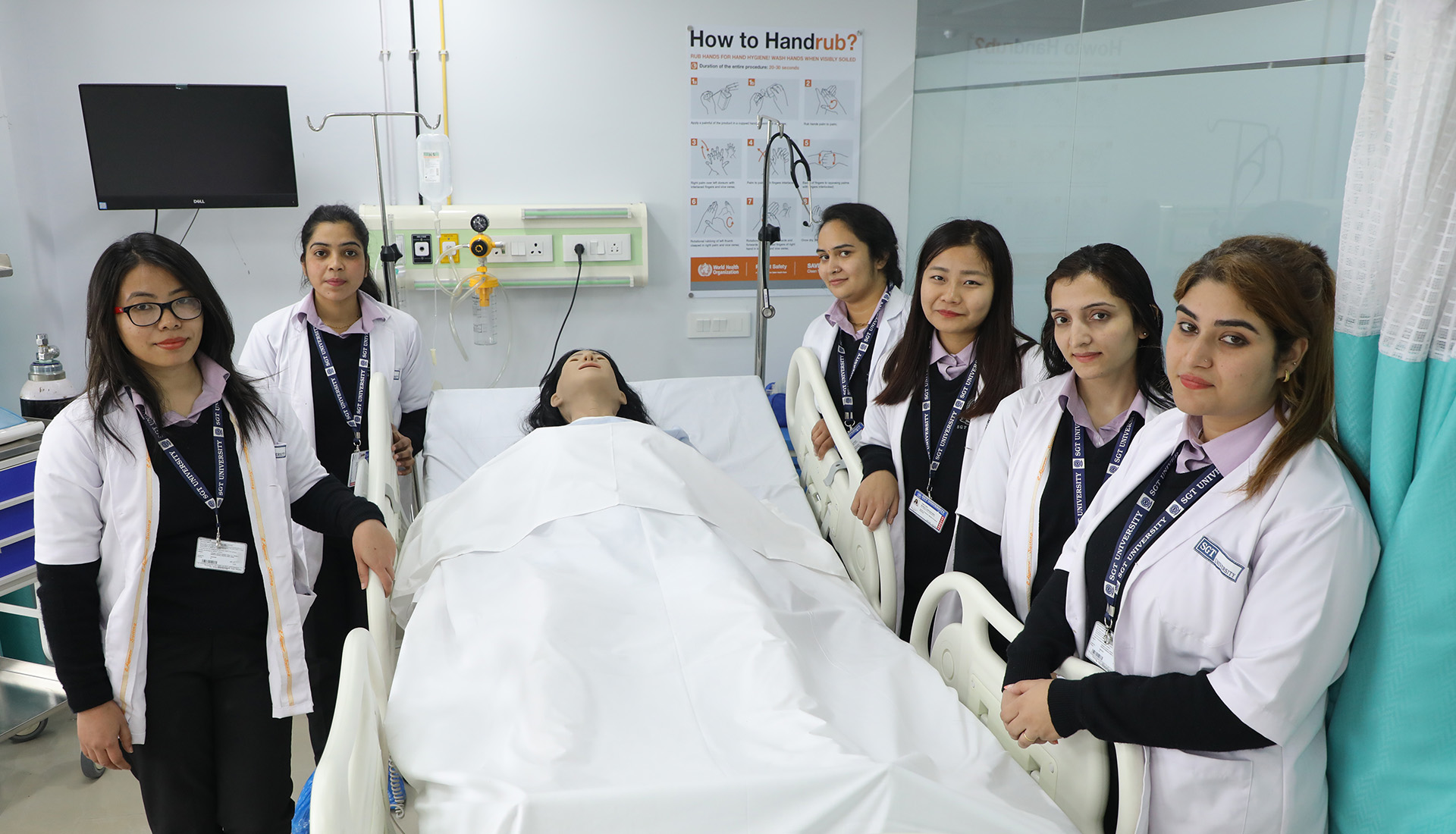
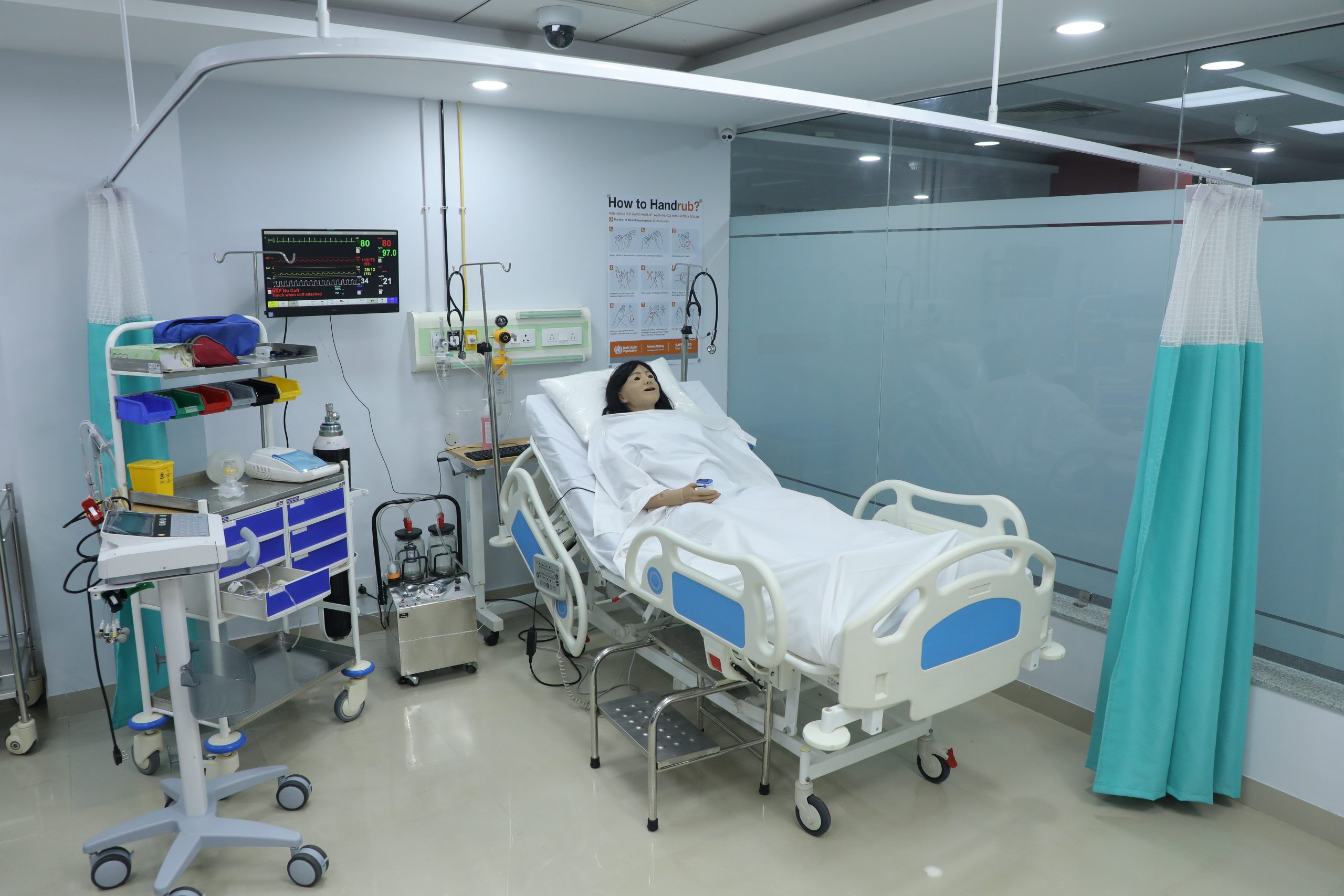
High Fidelity Manikins and Task trainers
The word fidelity indicates degree of realism a particular mannikin shows or mimic human physiology. There are various categories of these depending on degree of realism. The manikins that most closely resemble human anatomy are designated as high-fidelity manikins. The use of high-fidelity manikins provides a high level of realism to simulation, allowing complex medical scenarios to be performed in a safe and regulated environment. This is done without risks to patients, and re-enforces the learning process.
A static manikin with very limited functionality is designated as low-fidelity. Low fidelity manikins also known as task trainers may be used for repeated practice of clinical skills such catheter placement, wound care, IV arm etc.
Research
- National Reference Simulation Centre promotes research culture in the state-of-art facility with an aim to enhance the body of knowledge in simulation-based education. A landmark study conducted by National Council of State Boards of Nursing, USA 2015 revealed that high quality simulation can substitute 50% of the traditional clinical hours of the pre-licensure nursing curriculum. With regard to this study, Indian Nursing Council collaborated with NRSC and Jhpiego to research the effectiveness of substituting at least 25% of the traditional clinical hours with simulation-based education in Indian context. The faculty at NRSC has conducted various research on simulation-based education and are involved in multiple funding research projects. Faculties and students of SGT University are also utilizing NRSC facilities in conducting their research and thesis.
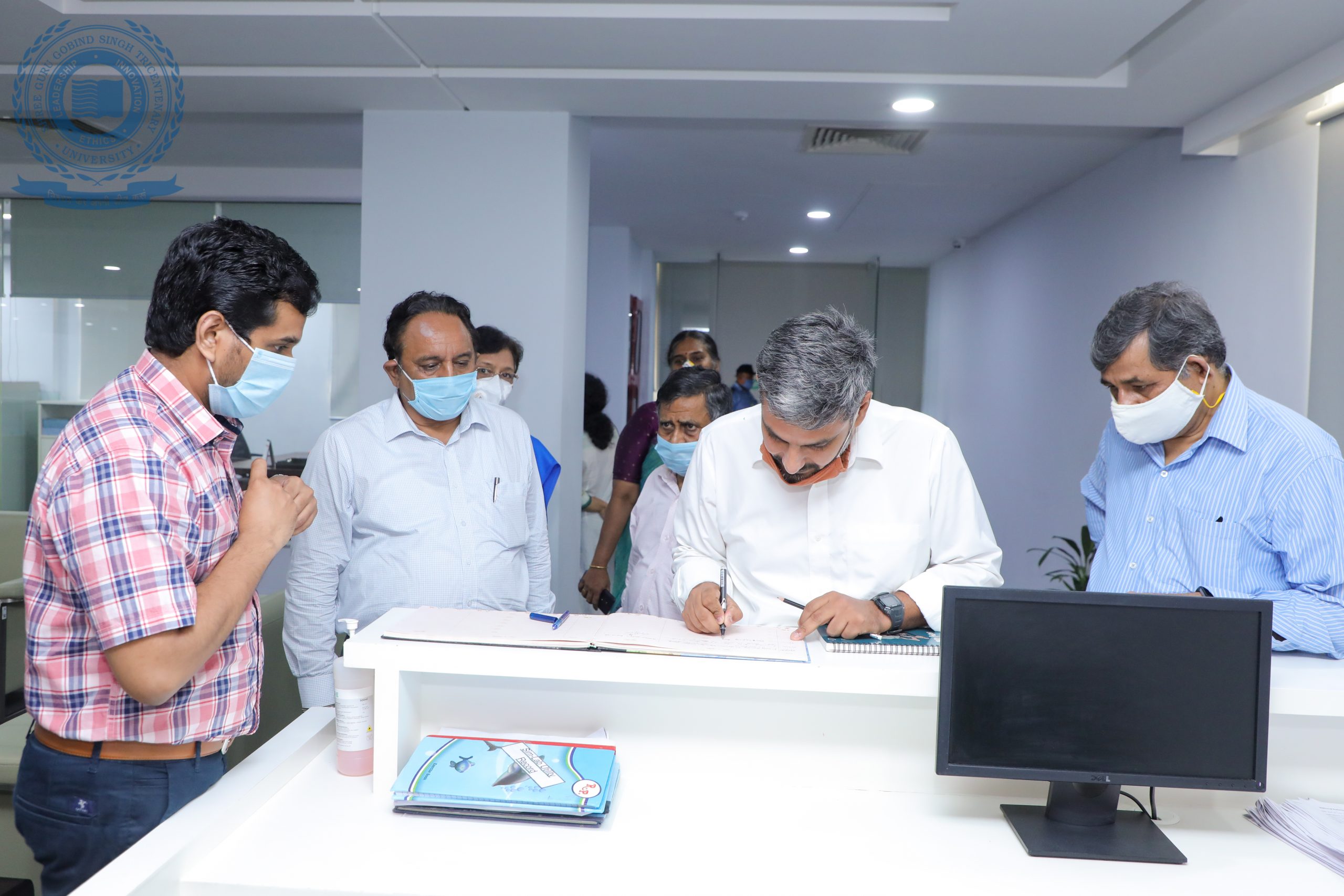
People say





